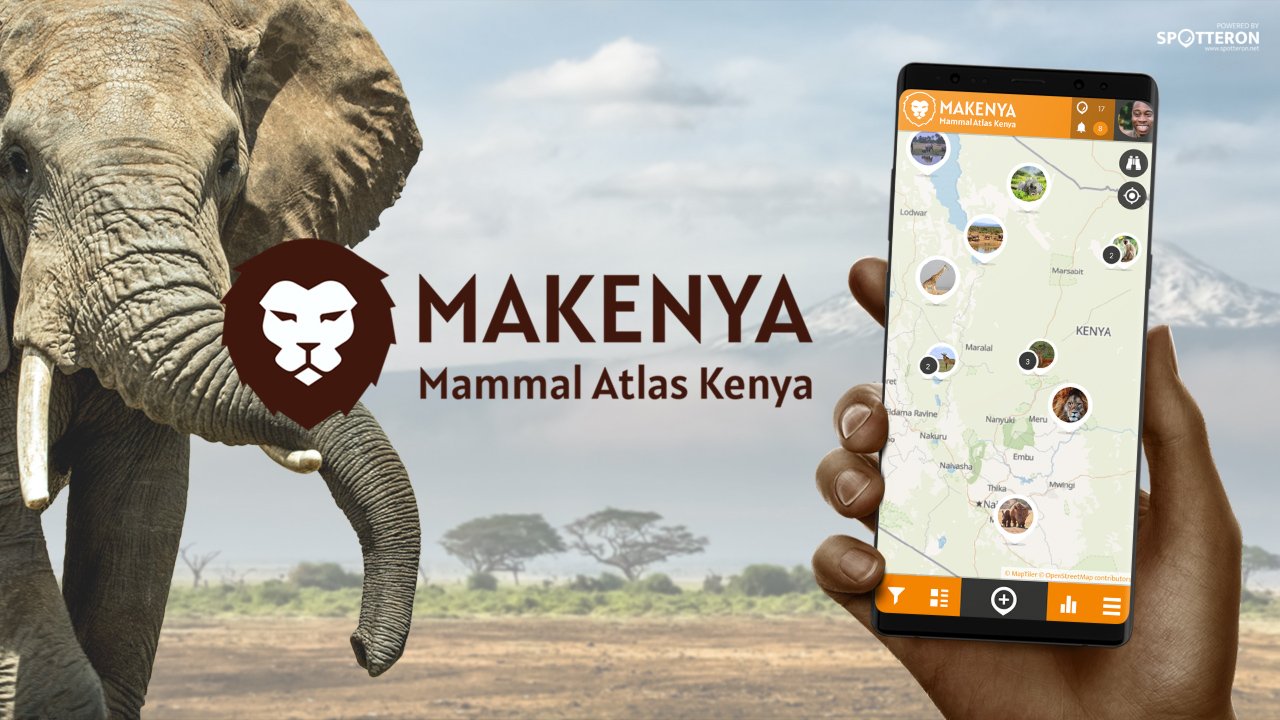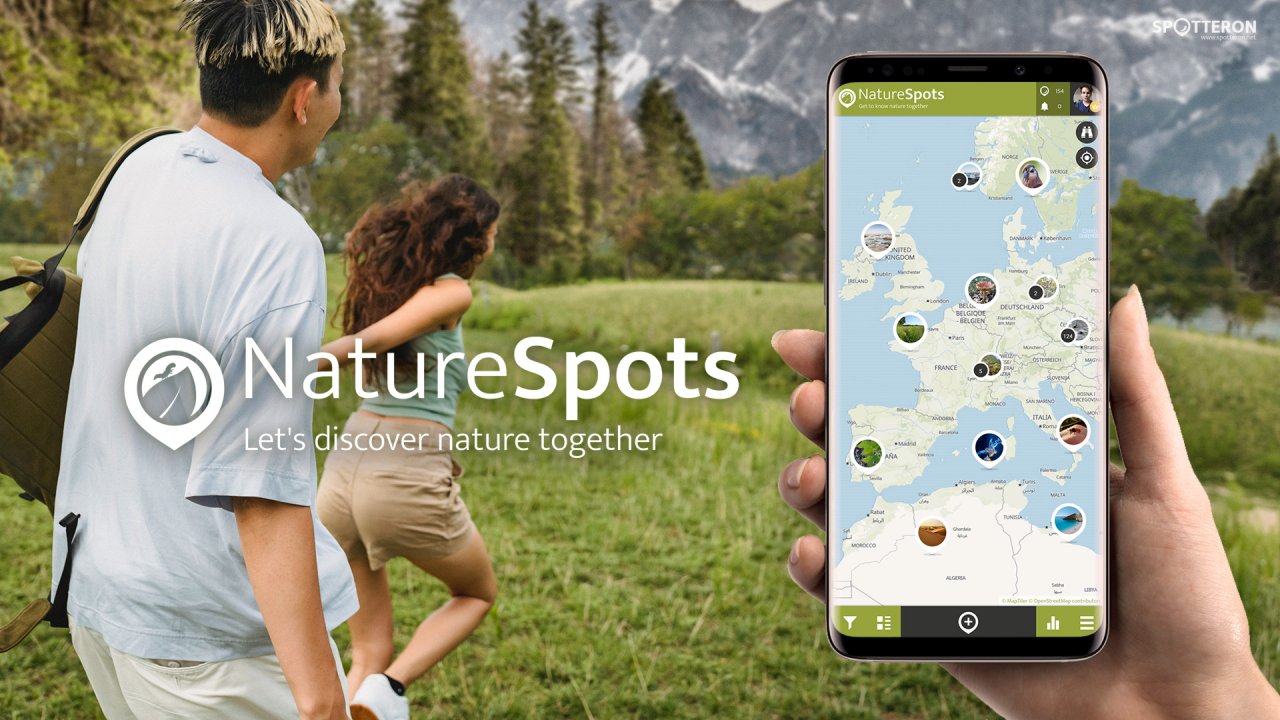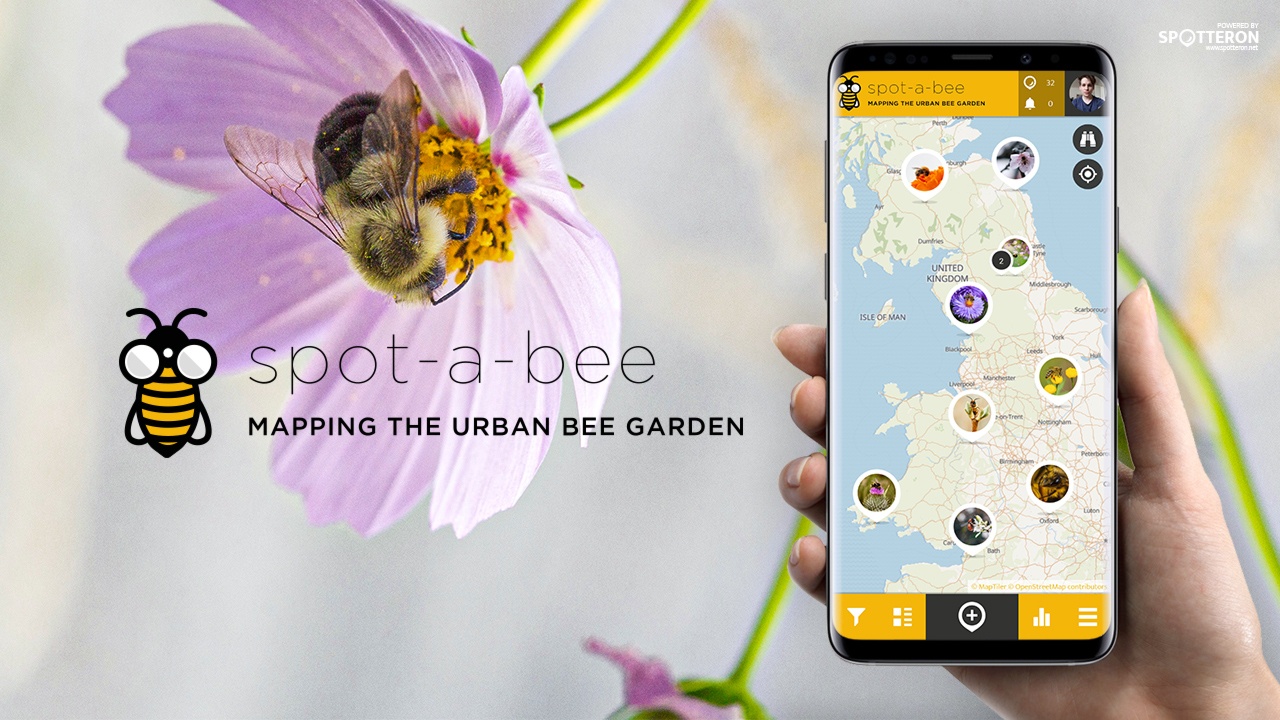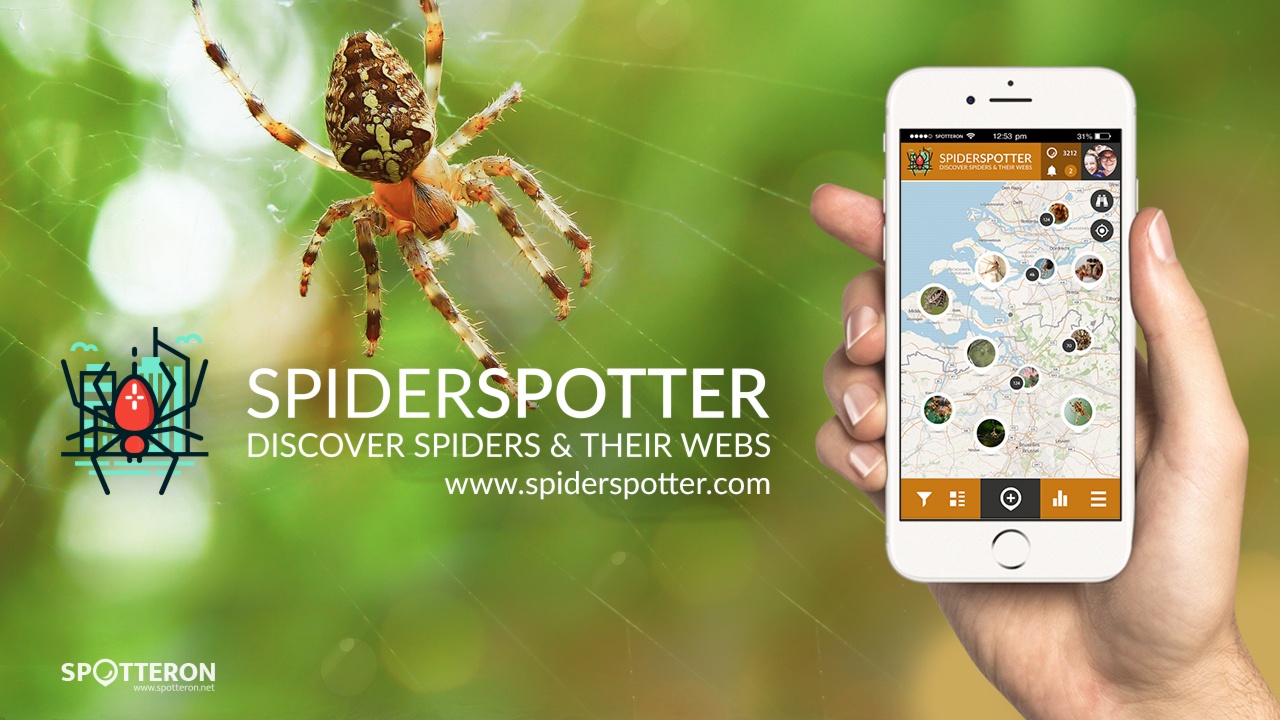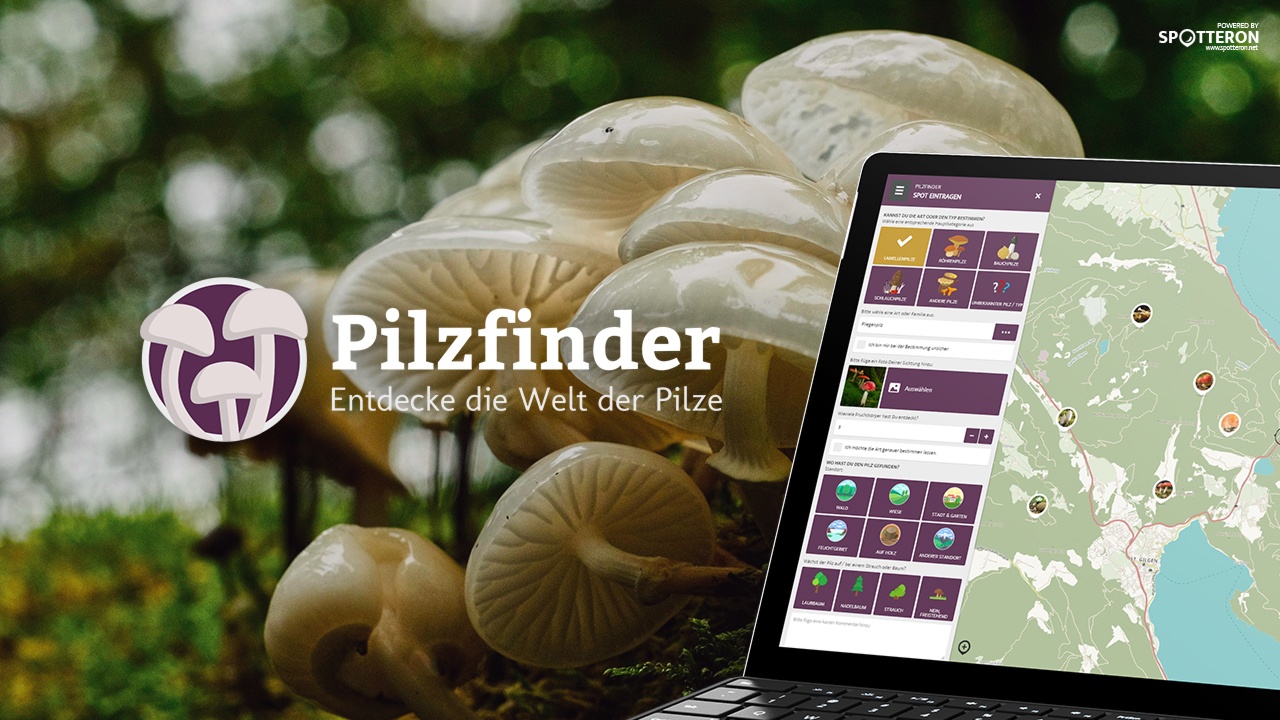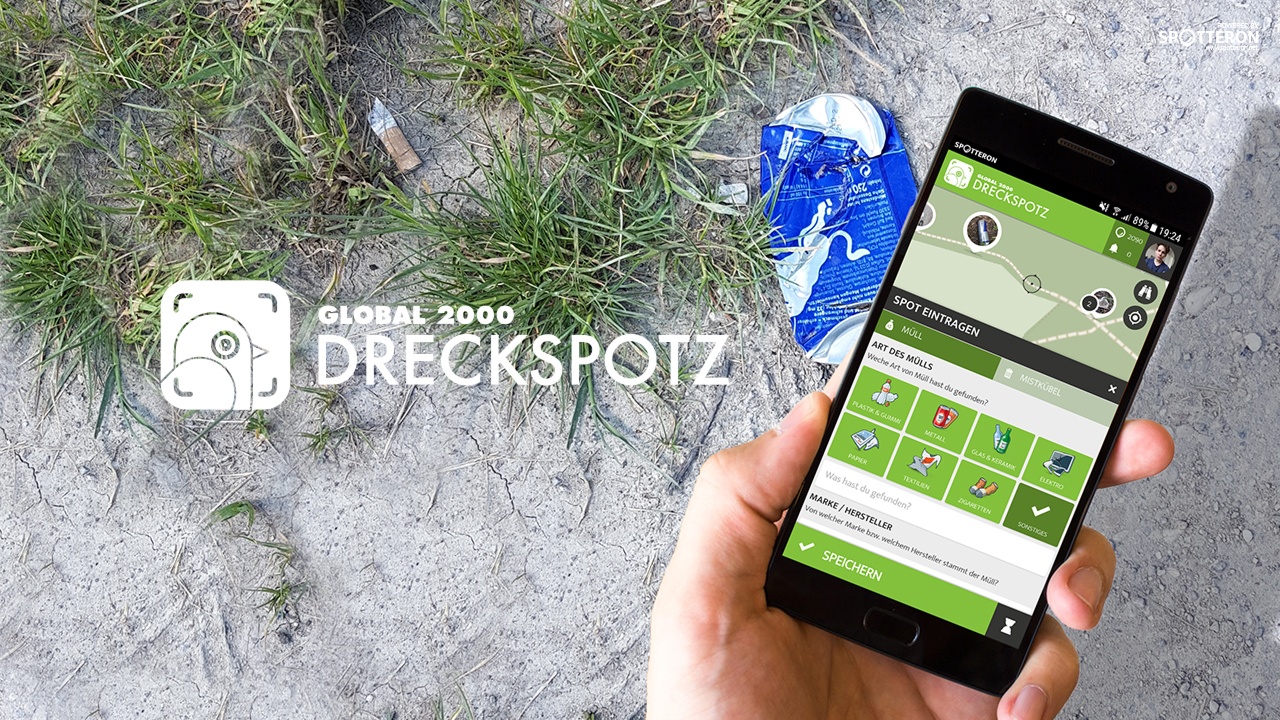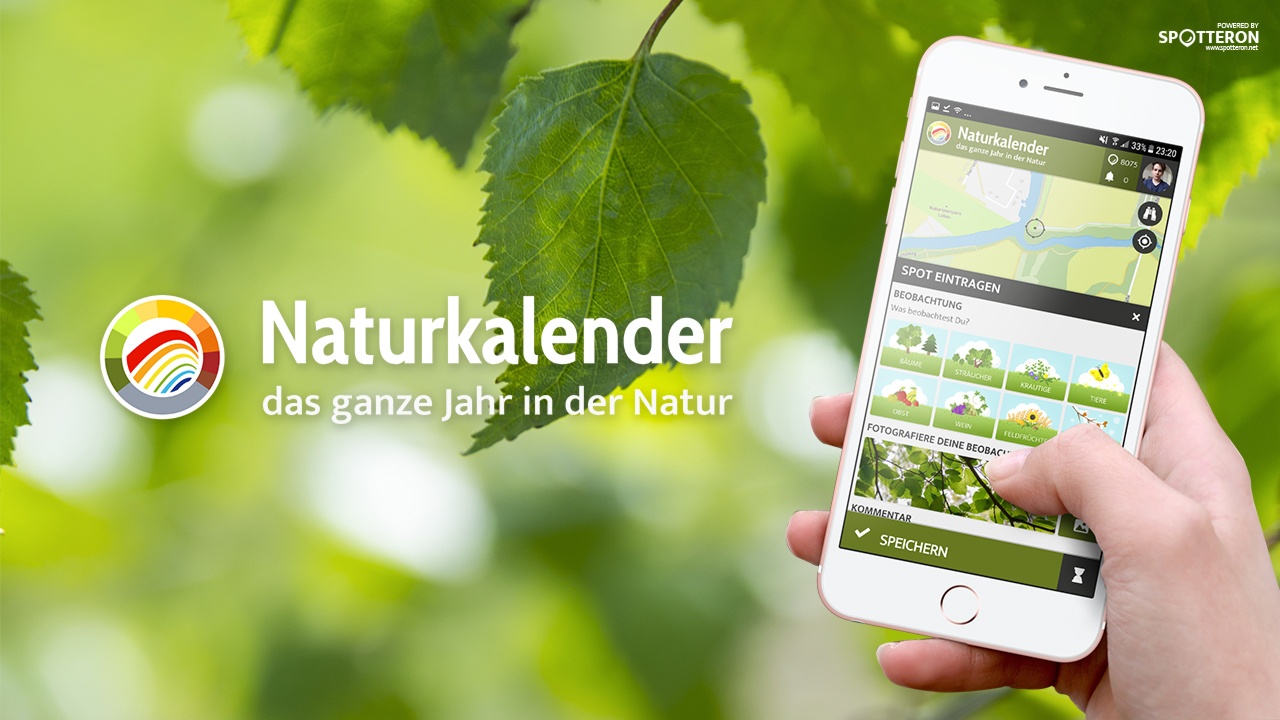Short note: This website is in Beta - we are currently building everything up but you can already find the apps to download and participate! Thank you and stay safe!
MaKenya - Mammal Atlas Kenya
With the MAKENYA - Mammal Atlas Kenya App, you can discover and contribute to the fascinating world of Kenyan Mammals. Explore about 390 mammal species throughout Kenya and get involved in the first Kenyan Mammal Monitoring App. Share your photographs or observations with a community of animal lovers, researchers, scientists, and citizens to help understand the world of mammals.
Are you ready for adventure? Anybody can be a naturalist!
Kenya is one of Africa's most important countries when it comes to biodiversity. Since mammal species occur everywhere, in the air, on land, in water, and underground, in and outside protected areas - anybody with a passion for nature can be a naturalist. Whether if you are on an expedition, or a nature photographer, or an animal lover. Every record of mammal species submitted to MAKENYA is useful data that can help understand the world of mammals and save species in the long run.
NatureSpots - observe nature
Anyone with a passion for nature, photography, and the protection of our planet can be a naturalist. The NatureSpots App enables nature lovers, biodiversity enthusiast, nature conservation activists and everyone else interested in wildlife and natural habitats to share animal, plant or fungi observations and habitat discoveries on their adventures.
Once you start you won't be able to stop - suddenly you'll know more plants, mushrooms and animals than ever before. You'll explore new habitats with your smartphone and reveal secret worlds. You'll make discoveries and get to know your surroundings better. The NatureSpots App is your companion on travels, walks, hikes, and your diary about your nature sightings.
Spot-a-Bee
At the Spot-a-Bee Citizen Science project, the researchers of Cardiff University and the University of Glasgow, UK want to find out what plants, trees and shrubs are important for bees in city and town parks and gardens. People can help survey bee-friendly plants towns, cities and villages! If you spot a bee, use your mobile to take a picture of the plants they’re buzzing around and upload the spot in the Citizen Science app.
Explore the fascinating world of bees with Citizen Science
The Spot-A-Bee app allows you to observe and document any flowers, shrubs, climbers or trees and the bees on them. Additionally, it contains useful information on those plants and the most common bee species in the UK.
As a bonus, the researches behind Spot-A-Bee also want to understand how planting in urban spaces might affect the production of urban honey.
SpiderSpotter
Do you like spiders? In the SpiderSpotter Citizen Science app, you can share your observations of spiders and their webs to help the research about their adaptation to the environment and contribute to biodiversity monitoring. The app features a range of spider species with and it has an active community of spider enthusiasts and arachnologists. If you love spiders (or at least appreciate them) join this Citizen Science project!
Spiders, their colours and their nets
The increasingly hot summers of recent years are problematic, not just for us humans - especially in the cities. The concrete and the buildings heat up during the day, and radiate the heat back during the night, causing challenges for all living beings. Of course, spiders are also looking for new ways and means to adapt to these new conditions. With the SpiderSpotter app, scientists are trying to figure out how these changes are going to happen.
Lighter cars heat up less than dark ones - that's a well-known fact. However, this also applies to spiders! Scientists, therefore, expect spiders to adapt to the city's hotter temperatures by becoming brighter over time to prevent overheating.
By studying spiders, their colours, and webs, scientists get not only valuable information on how animals adapt to climate change but also how fast climate change is progressing. Also, with a little bit of luck, they may provide us with some answers on how to cool our cities in the future better.
Pilzfinder
Pilzfinder is the web-app of the mycology research society of the University of Vienna. In the browser-based project, you can contribute mushroom observations from all across Europe and get feedback from the expert of the Austrian Mycology Society. By joining this Citizen Science project, you can help with the science behind fungi and learn more about the fascinating world of mushrooms.
Global2000 LitterBug
With the "LitterBug" app by independent Austrian environmental organization GLOBAL 2000, you can sharpen your awareness for the trash left in nature and help cleaning it up. The aim is to support a sustainable clean environment everywhere.
A cleaner environement with Citizen Science
The GLOBAL 2000 DreckSpotz App should not only make our nature a little cleaner, but also ensure that it stays that way in the long term. With the app, people from all over Austria and beyond can help to collect data in order to develop long-term solutions for the waste problem.
Nature's Calendar
"Naturkalender" (Nature's Calendar) is the Austrian phenology app for interested Citizen Scientists who want to support phenology and climate protection by observing their surroundings. The focus lies in the development of certain so-called phenological indicator plants. Through community science observations of plants that start to bloom, bear fruit, or shed their leaves, or animal activities, they support the data collection of the Austrian Central Institute for Meteorology and Geodynamics (ZAMG) and the European Phenology Database.
Better understaning of climate change and what to do about it
These observations have been recorded at the Central Institute for Meteorology and Geodynamics (ZAMG) since 1851. Since then, voluntary so-called Citizen Scientists have been supporting them all over Austria by observing nature for us. With the Nature's Calender Citizen Science app, phenology has finally arrived in the 21st century. Here you can easily record your own nature observations on the map with your smartphone all year long, be active in the nature calendar community and, at the same time, learn a lot about nature. Due to the easy handling of the app, people from all age groups can be found in the community, and a lively exchange of interesting information takes place. And best of all: with your entries, you can help scientist to better understand climate change and find solutions for the challanges it brings.
Please visit the website about the SPOTTERON Platform on www.spotteron.net
This website uses no external trackers, no analytics, just session cookies and values your online privacy.

